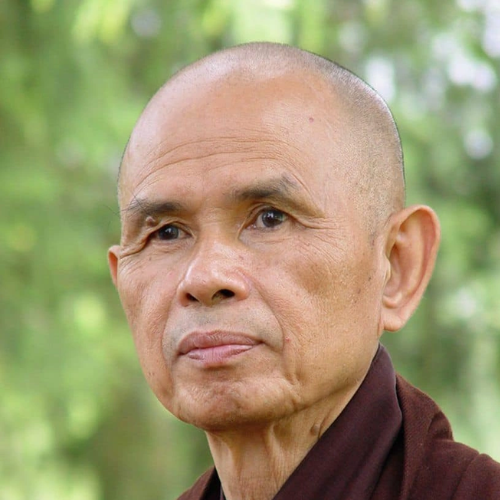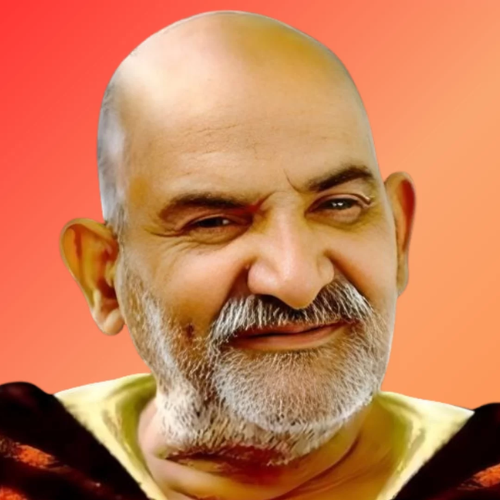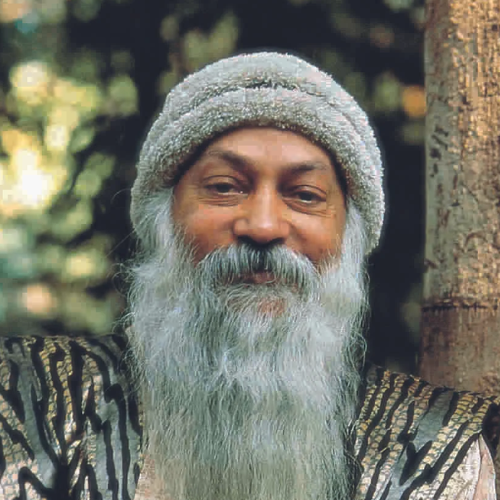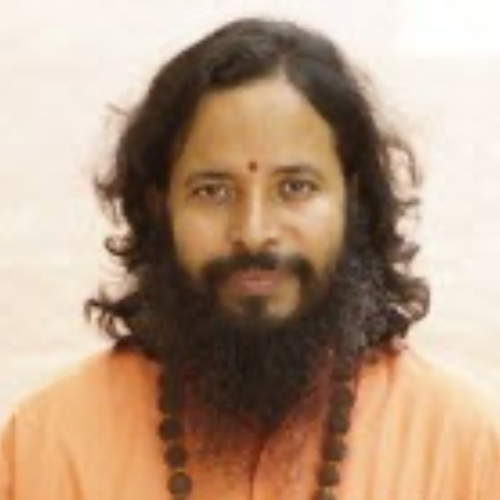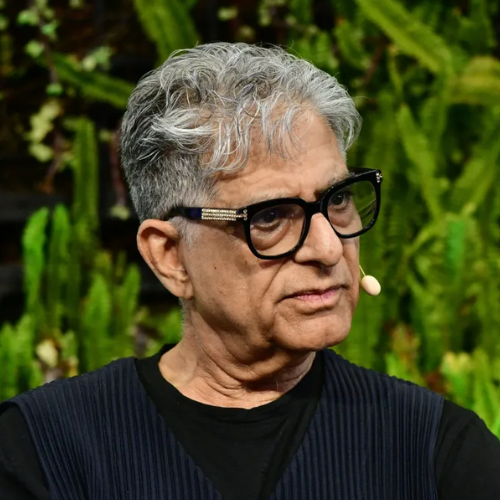When we have our body and mind in order, everything else will exist in the right place, in the right way. But usually, without being aware of it, we try to change something other than ourselves; we try to order things outside us. But it is impossible to organize things if you yourself are not in order. When you do things in the right way, at the right time, everything else will be organized.
If you cannot bow to Buddha, you cannot be a Buddha. It is arrogance.
And we should forget, day by day, what we have done; this is true non-attachment. And we should do something new. To do something new, of course we must know our past, and this is alright. But we should not keep holding onto anything we have done; we should only reflect on it. And we must have some idea of what we should do in the future. But the future is the future, the past is the past; now we should work on something new.
If enlightenment comes first, before thinking, before practice, your thinking and your practice will not be self-centered. By enlightenment I mean believing in nothing, believing in something which has no form or no color, which is ready to take form or color. This enlightenment is the immutable truth. It is on this original truth that our activity, our thinking, and our practice should be based.
Instead of respecting things, we want to use them for ourselves and if it is difficult to use them, we want to conquer them.
Nothing outside yourself can cause any trouble. You yourself make the waves in your mind. If you leave your mind as it is, it will become calm. This mind is called big mind.
Zen is not some kind of excitement, but concentration on our usual everyday routine.
Life without zazen is like winding your clock without setting it. It runs perfectly well, but it doesn't tell time.
Because we cannot accept the truth of transience, we suffer.
Usually when someone believes in a particular religion, his attitude becomes more and more a sharp angle pointing away from himself. In our way the point of the angle is always toward ourselves.
How much 'ego' do you need? Just enough so that you don't step in front of a bus.
To stop your mind does not mean to stop the activities of the mind. It means your mind pervades your whole body.
It is only by practicing through a continual succession of agreeable and disagreeable situations that we acquire true strengths. To accept that pain is inherent and to live our lives from this understanding is to create the causes and conditions for happiness.
If it is raining out, do not walk fast, because it is raining everywhere.
The purpose of studying Buddhism is not to study Buddhism, but to study ourselves. That is why we have teaching. But the teaching is not ourselves. It is some explanation of ourselves. To study the teaching is to know yourselves. That is why we do not ever attach to the teaching, or to the teacher. The moment you meet a teacher you should leave the teacher, and you should be independent. You want a teacher so that you can be independent. So you study yourselves. You have the teacher for yourselves, not for the teacher.
Moment after moment, completely devote yourself to listening to your inner voice.
Life is like stepping onto a boat which is about to sail out to sea and sink.
The teaching which is written on paper is not the true teaching. Written teaching is a kind of food for your brain. Of course it is necessary to take some food for your brain, but it is more important to be yourself by practicing the right way of life.
In the mind of the beginner, there are many possibilities. In the mind of the expert there are few.
You can't make a date with enlightenment.
When the restrictions you have do not limit you, this is what we mean by practice.
When you understand one thing through and through, you understand everything.
The practice of Zen mind is beginner's mind. The innocence of the first inquiry—what am I?—is needed throughout Zen practice. The mind of the beginner is empty, free of the habits of the expert, ready to accept, to doubt, and open to all the possibilities. It is the kind of mind which can see things as they are, which step by step and in a flash can realize the original nature of everything.

